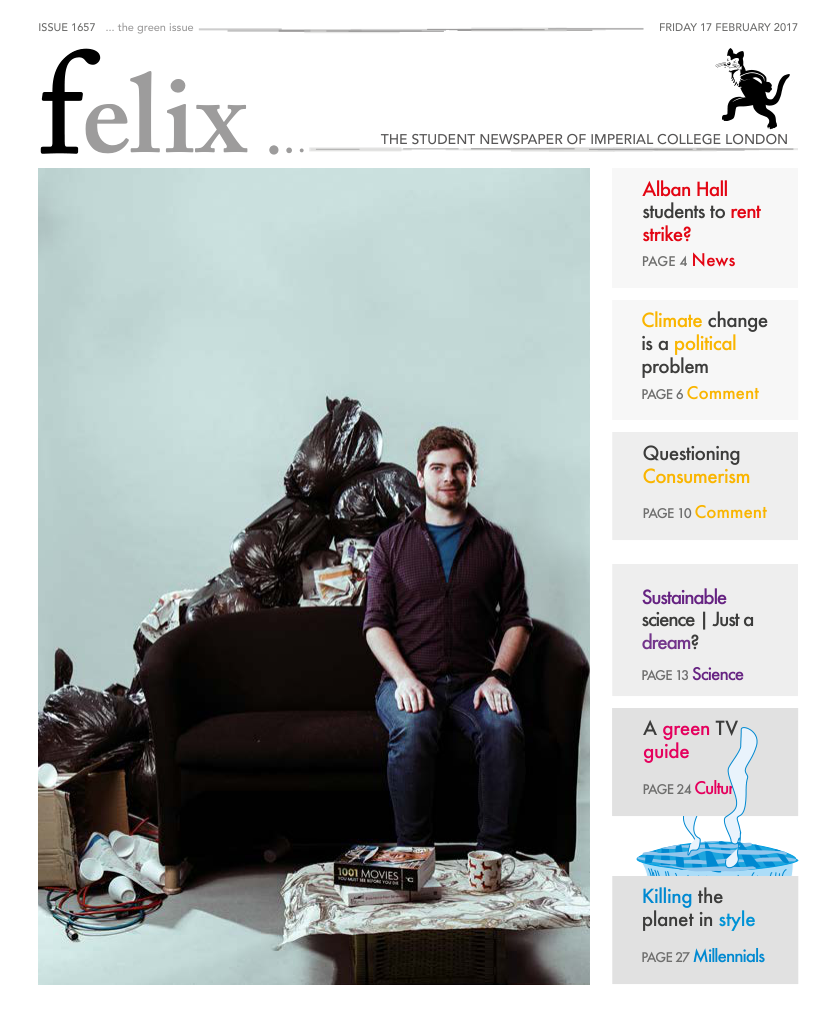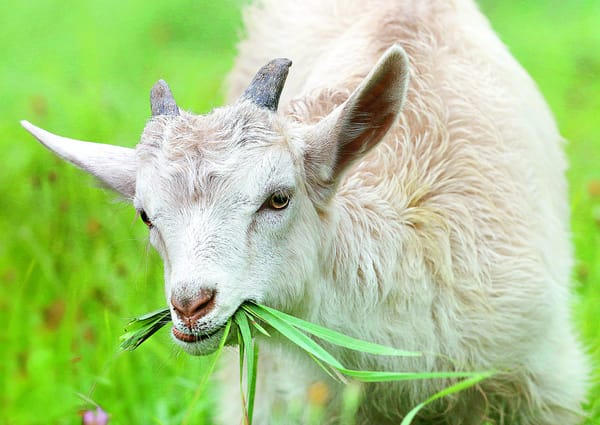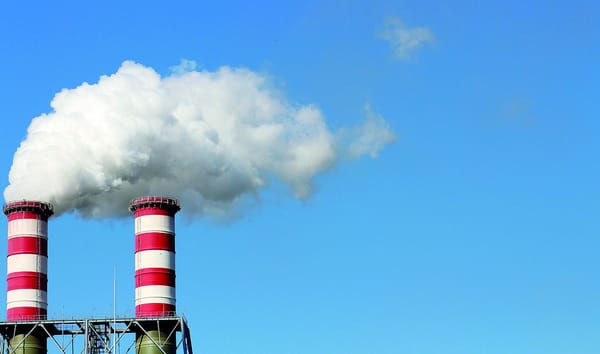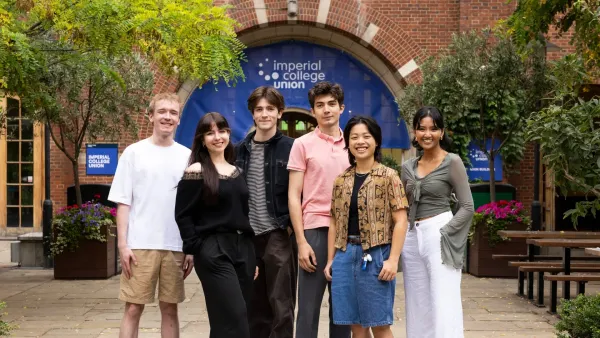The challenges facing early career sustainable scientists
Alexandra Hicken talks to colleagues from the Network of Sustainable Scientists about the challenges that complicate a career in sustainable science.
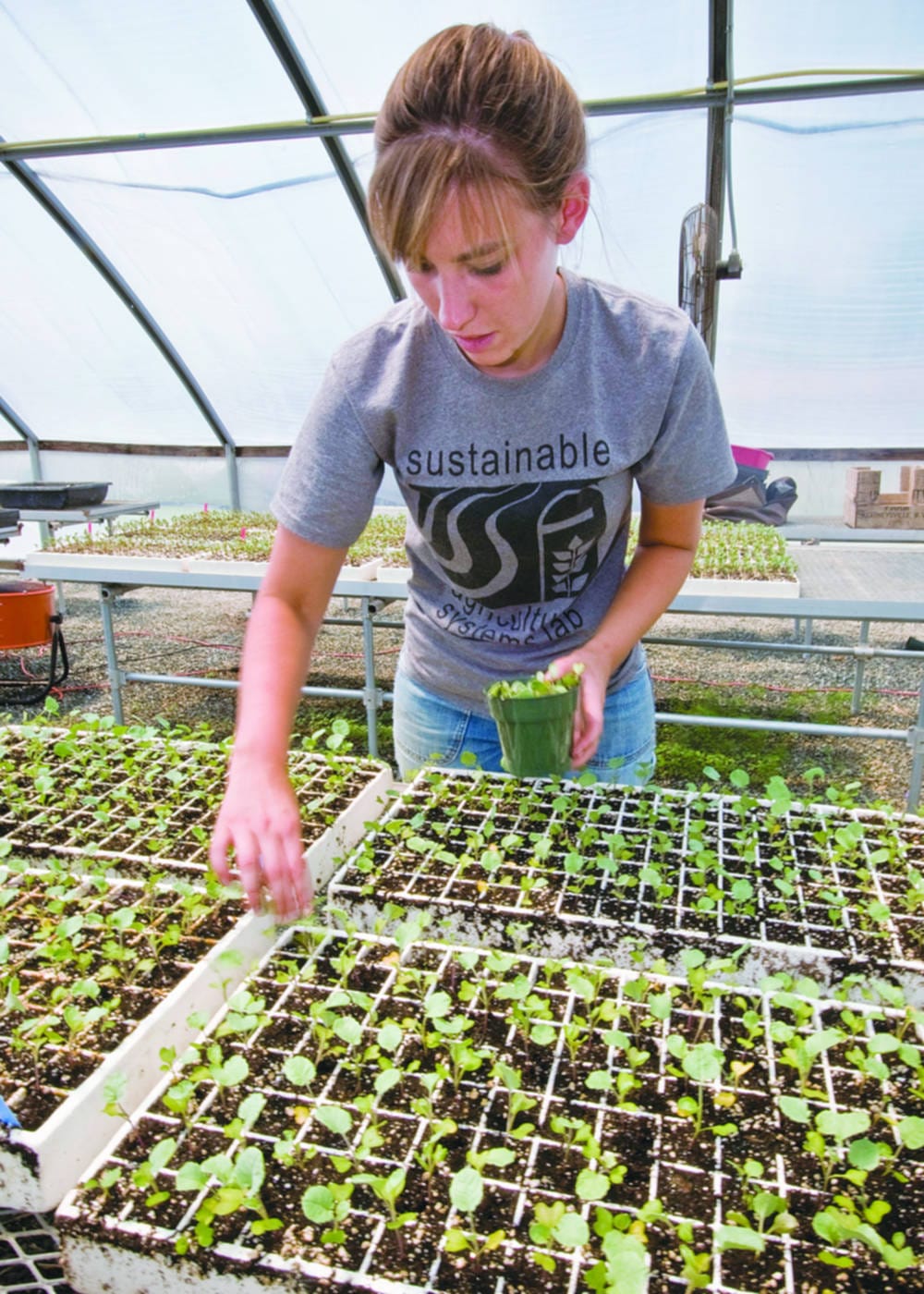
As a director on the executive board of the Network of Sustainable Scientists and Engineers (NESSE) and a PhD student in the Chemistry Department funded via the Grantham Institute, it may appear as though my future career path in sustainable science is all but decided. This, however, is far from true.
Sustainable science has been defined as “an emerging field of research dealing with the interactions between natural and social systems, and with how those interactions affect the challenge of sustainability”. My desire to pursue a career in sustainable science post-PhD, and to ensure that my research efforts have a ‘wider impact’, outside my niche area of chemistry, is as strong as ever. However, the challenges facing early career sustainable scientists in their quest to begin this career path are complex . Now, in the third year of my PhD, I have begun to explore these challenges along with the help of the thoughts of my fellow NESSE members.
Working in a lab, it is possible to be in control of the outcome of my own work and this predictability can be nice. In contrast, perhaps the most troubling thing facing researchers who wish to embark in a career in sustainable science is its unpredictable nature – it is not currently clear what a career in sustainable science actually entails. "In other scientific disciplines, PhD students can easily move into industrial research, academia or even unrelated fields such as banking, with the path they need to follow to achieve these goals being well defined. However, this is not the case with sustainable science. In order to have real impact, it’s important for sustainable scientists to be able to advise professionals in the public and private sectors whilst still being able to perform interdisciplinary research. This ‘dream scenario’ almost certainly does not currently exist for early career researchers and as such, it is difficult to know what steps to take after finishing PhD research.
Lack of a clear career path to follow
Due to the complex problems the world is currently facing, such as an ever increasing population and rising levels of pollutants, neither physical and natural nor social scientists possess the skills needed to tackle these challenges in discrete groups. But sadly, training in the form of research is usually given in very niche areas and so PhD students are rarely equipped with the skills to be truly interdisciplinary researchers. The long time needed for the impact of such research to manifest itself, at least in terms of citations, further complicates things, despite its broad social and economic impacts. This discrepancy could be mitigated through ensuring that interdisciplinary teams of researchers exist to tackle problems together and more importantly, through making funding available to such teams from research councils.
A challenge is the inter- and transdisciplinarity in sustainable science
Many people chose a specific career path as a result of the influence of a strong role model. But in sustainable sciences there appears to be no one to contact for advice or support. This lack of role models in sustainable science is cause for concern for early career researchers. Additionally, sustainable sciences are often viewed as a ‘watered down’ version of science, especially from researches in ‘pure’ scientific disciplines. This further intensifies the feeling of a lack of support from supervisors or the department that they are researching in order to continue with sustainable science research.
Limited role models and lack of respect for sustainable science field in traditional science settings
Fortunately, for many early career sustainable scientists, the desire to continue along a career path that may be ill defined and treacherous, but allows them to work towards achieving a sustainable future, is still strong. Working together with other researchers and professionals as well as joining networks to promote sustainable science through all scientific disciplines is one way they can ensure that this is the case. Personally, it is important that I play a role in the promotion of sustainable sciences either through my research in the chemistry department, or through extra-curricular work as a volunteer for a sustainable science network. Over the coming weeks, NESSE will be conducting research into the experiences of early-career researchers wishing to do sustainable science in order to see what can be done to help.This will lead to NESSE being able to support early-career sustainable scientists in order to ensure that the challenges they face aren’t faced alone.

